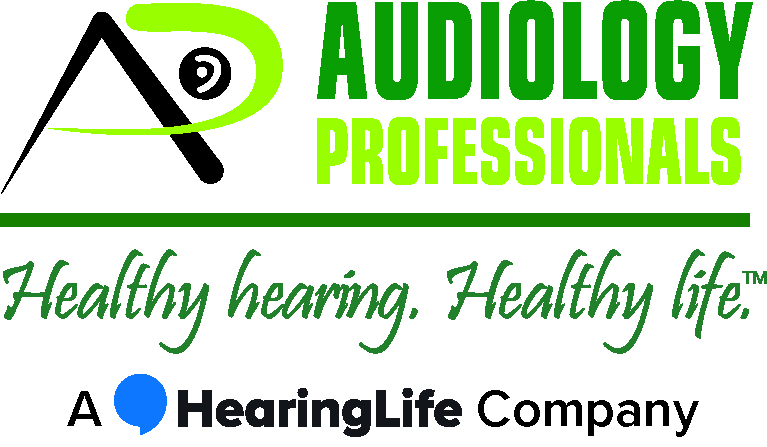If you’re experiencing difficulty hearing, visiting a hearing care professional can help you get the right diagnosis and treatment. A hearing care professional can also provide you with advice and support on managing your hearing loss.
However, it can be difficult to know what questions to ask when visiting a hearing care professional.
In this blog, we’ve compiled a list of some of the most important questions you should ask your hearing care professional to help you get the most out of your appointment.
7 Questions You Should Ask Your Hearing Care Professional
If you’ve got a visit with your local hearing care professional, planning ahead can make the process much easier. Here are 7 questions you should ask your hearing care professional.
What is the Cause of My Hearing Loss?
The first question you should ask your hearing care professional is what the cause of your hearing loss is. It’s important to understand the cause of your hearing loss so that you can get the right treatment. Some common causes of hearing loss include age-related hearing loss, exposure to loud noises, infections, and inner ear problems.
What Are My Treatment Options?
Once you know the cause of your hearing loss, your hearing care professional can advise you on the best treatment options available. This may include hearing aids, cochlear implants, or surgery. Your hearing healthcare specialist can help you understand the pros and cons of each treatment option so that you can make an informed decision.
Can You Perform a Hearing Assessment?
A hearing assessment is a crucial part of your appointment with a hearing care professional. The hearing test will determine the extent of your hearing loss and help your hearing care professional determine the best course of treatment. The hearing specialists at Audiology Professionals would be happy to assess your hearing.
Can You Help Me Choose the Right Hearing Aid?
If hearing aids are suitable for you, our team will help you find the right device for you. There are many different types of hearing aids available with different features. Depending on your lifestyle, our hearing specialists will recommend appropriate hearing aids for you.
How Can I Best Manage My Hearing Loss?
In addition to treatment options, make sure to ask about how to best manage your hearing loss. Your hearing specialist will provide you with advice on how to best manage your hearing loss. This may include tips on communication, using assistive devices or other hearing aid accessories, and making changes to your lifestyle.
How Can I Protect My Hearing in the Future?
If your hearing loss is caused by exposure to loud noises, our hearing specialists can provide you with tips on how to protect your hearing in the future. This may include wearing earplugs or avoiding loud environments.
Are There Any Support Groups I Can join?
Living with hearing loss can be challenging, and it can be helpful to connect with others who are going through similar experiences. The hearing team at Audiology Professionals will be happy to provide you with information on local support groups that you can join. Joining a support group can provide you with a supportive community, information and advice on managing your hearing loss, and a place to connect with others.
Visiting your local hearing care professional is an important step in managing your hearing loss. By asking the right questions, you can get the information and support you need to make informed decisions about your hearing health.
Need Help? Contact Us Today!
Ready to get started with your hearing appointment? Contact Audiology Professionals today. Our team would be happy to help. Call us today on (541) 228-9233. Alternatively, click here to contact us online.
